At a Glance
Title: Team Topologies: Organizing Business and Technology Teams for Fast Flow
Target Audience: IT Managers, Software Developers, CEOs
Topic: Organizing business and technology teams for optimized flow

Author: Matthew Skelton, Manuel Pais
Language: English
Pages: 240
Price: approx. 11 Euros (Paperback and Kindle Edition)
Pros: practical applications, expert insights, clear presentation
Cons: repetitive, dry
Buy: Amazon
In Detail
“Team Topologies: Organizing Business and Technology Teams for Fast Flow” by Matthew Skelton and Manuel Pais is much more than just another guidebook. It’s a profound resource offering companies an innovative method to redesign team structures and interactions with an eye on optimized business performance. The book breaks away from traditional approaches, presenting a fresh perspective on how modern businesses should operate in today’s rapid-paced corporate world.
The authors categorize teams into four main topologies:
- Stream-aligned Teams focusing on the flow of work
- Complicated Subsystem Teams concentrating on specific technical solutions
- Platform Teams providing recurring, standardized solutions
- Enabling Teams assisting other teams in overcoming obstacles
This classification is not just theoretically intriguing but offers companies tangible strategies for purposefully organizing their teams and enhancing collaboration.
Concerning data strategy, “Team Topologies” can serve as a key instrument. Data strategies often demand close collaboration among diverse teams, ranging from data scientists and engineers to business analysts. The book provides valuable models ensuring these teams don’t merely coexist but synergistically interact to effectively utilize data and share information and resources. It emphasizes the significance of clear communication paths and avoiding silos, often seen as barriers to effective data strategy.
Another aspect that distinguishes “Team Topologies” from other books is its focus on the “cognitive load” concept – the idea that there are limits to how much information a team can efficiently process. This is especially relevant in the context of data strategies, where teams often deal with vast amounts of complex data and need to manage various internal and external interfaces. This requires domain-specific expertise beyond their primary area, multiplying the complexity.
“Team Topologies” also emphasizes the importance of feedback loops and continuous adaptation, concepts crucial in data strategy as data sources, tools, and business requirements continually evolve.
The authors, Matthew Skelton and Manuel Pais, are seasoned IT consultants and trainers with a deep understanding of effective team structures and organizational design. They have concisely and understandably consolidated their experiences and insights in this book. The book is replete with practical examples and advice, well-structured, guiding the reader progressively through various aspects of team organization and interaction.
In conclusion, “Team Topologies” not only offers practical advice on team organization but also deep insights into the principles and concepts underpinning these recommendations. This enables creating ever-new use cases that go far beyond the examples presented in the book. It’s a must-read for executives, managers, and anyone interested in understanding how teams in the modern business world should be effectively organized and led.
This text was created with the help of ChatGPT.

